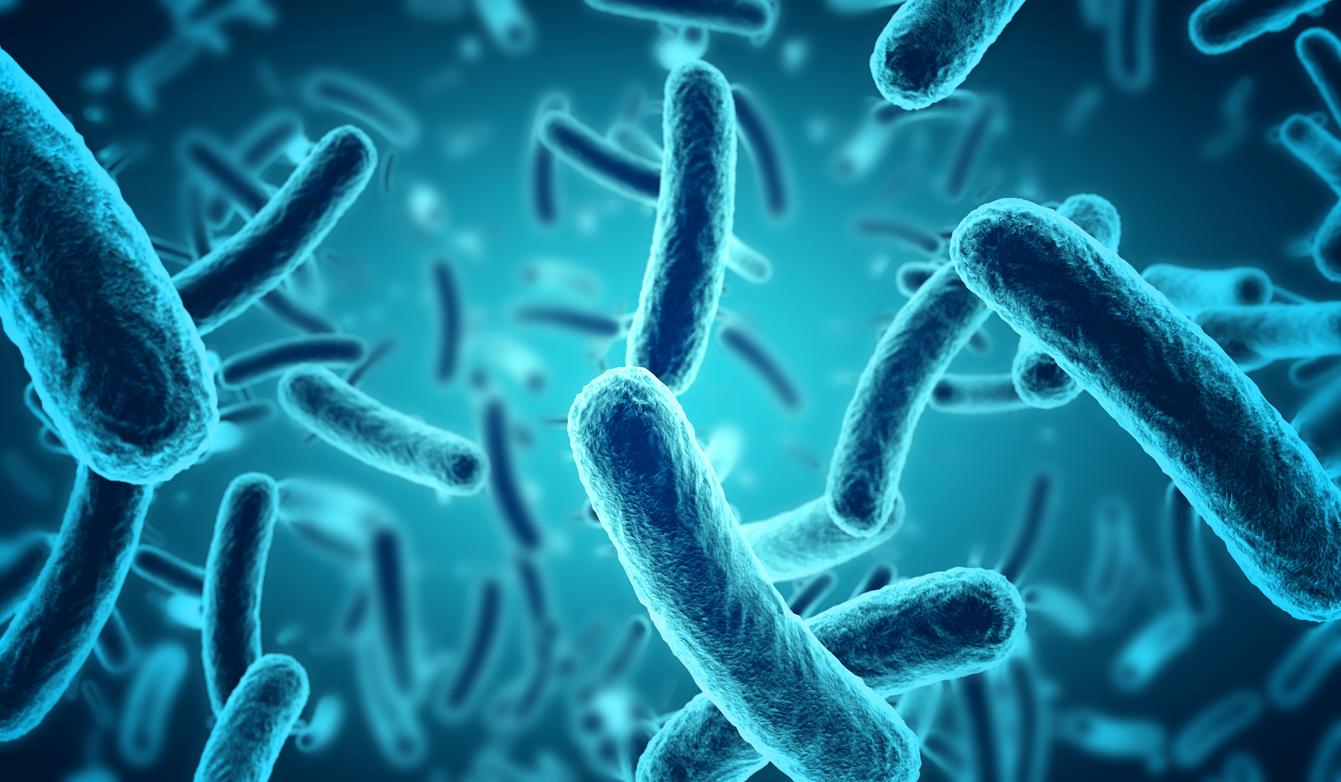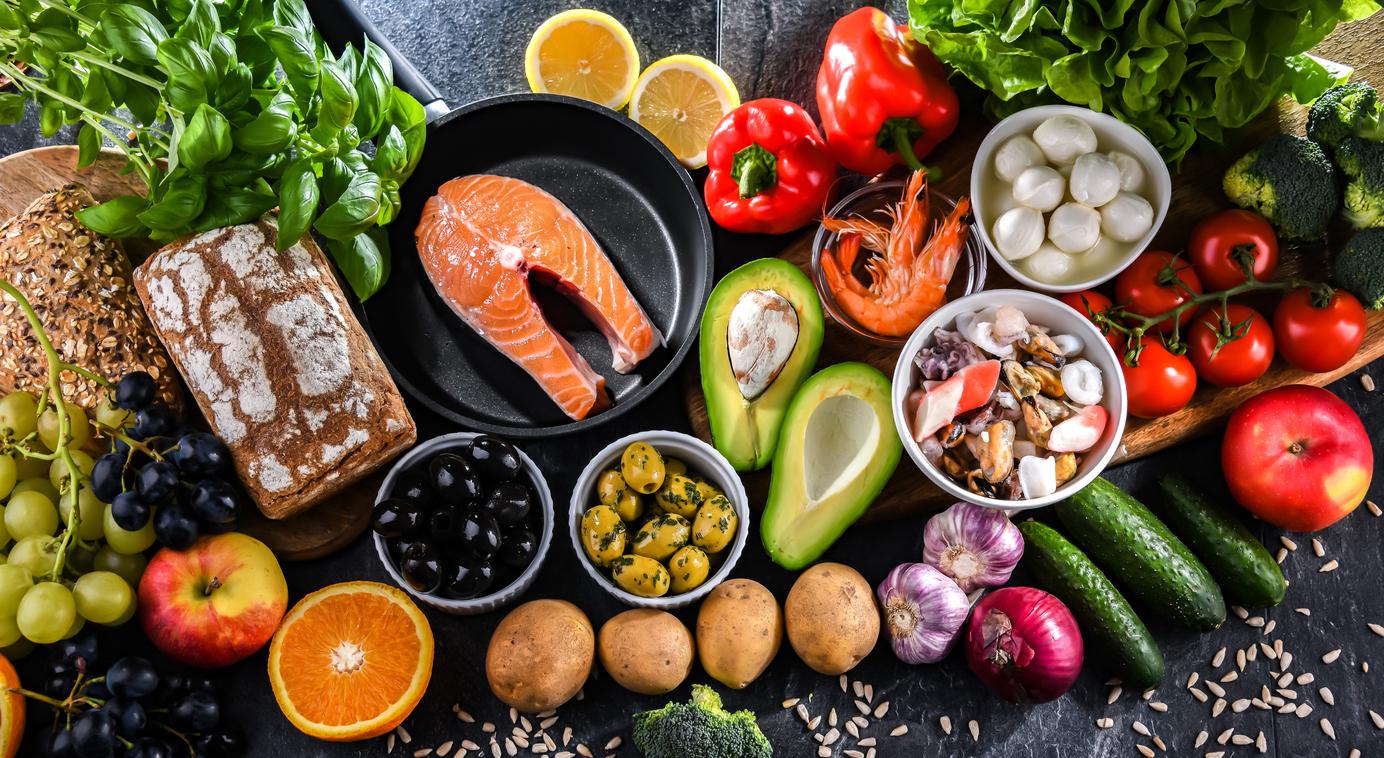Certain bacteria, present in the microbiota, release harmful toxins when deprived of certain nutrients.

- Certain bacteria, present in the microbiota, release harmful toxins for the body when they do not receive the nutrients they need.
- This mechanism was observed by researchers in Clostridium perfringens, a bacterium capable of producing a toxin that can produce food poisoning.
- This discovery could lead to new treatments and fight against anti-resistance.
Do you tend to feel angry when you’re hungry? You are not the only one. The work of Professor Adam Rosenthal of the University of North Carolina School of Medicine shows that certain bacteria, present in the microbiota, release harmful toxins for the body when they do not receive the nutrients they need, which could promote the appearance of certain diseases.
The article was published in the scientific journal Nature Microbiology on April 3, 2023.
Microbiome: some hungry bacteria release toxins
The scientist and his colleagues wanted to understand why certain bacteria act as “good citizens” and others like “bad elements” that release toxins into their environment. They mostly focused on Clostridium perfringens – a rod-shaped bacillus found in the intestinal tract of humans and other vertebrates or insects. This bacterium can secrete many toxins including enterotoxin, responsible for food poisoning, but also cause various disorders such as necrotic enteritis or even gangrene.
With a device called “microfluidic drop generator”the scientists split individual bacterial cells into droplets to decode each cell.
They then discovered that the cells of C. perfringens, which did not produce toxins, were well nourished with nutrients. On the other hand, those that released toxins seemed to lack them. “If we give more of these nutrients”, advanced Professor Rosenthal, “maybe we can get the toxin-producing cells to behave a little better.”
The following experience proved him right. When the bacteria “hungry” were brought into contact with nutrients, toxin levels dropped in the community, and numbers dropped in the bacterial community.
Feed bacteria to reduce antibiotics?
Researchers now want to find out if this mechanism for releasing toxins that are harmful to the body in the event of “hunger”exists only in C. perfringens, or if other microorganisms have the same functioning.
In addition, Prof. Rosenthal believes that his work could lead to the creation of new treatments for animals and humans. For him, it would be possible to reduce certain diseases by providing the right nutrients to bacteria and to fight against the phenomenon of anti-resistance.
“For example, the model organism Clostridium perfringens is a powerful enemy in the poultry house. As the food industry moves away from the use of antibiotics, poultry finds itself defenseless against this fast-spreading deadly disease. Rosenthal’s recent findings may give farmers a new tool to reduce pathogenic bacteria without the use of antibiotics”indicates the communicated.
However, further work is needed to confirm the various hypotheses that emerged after this discovery.















